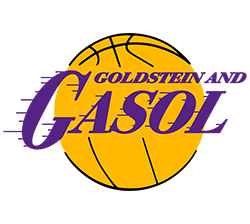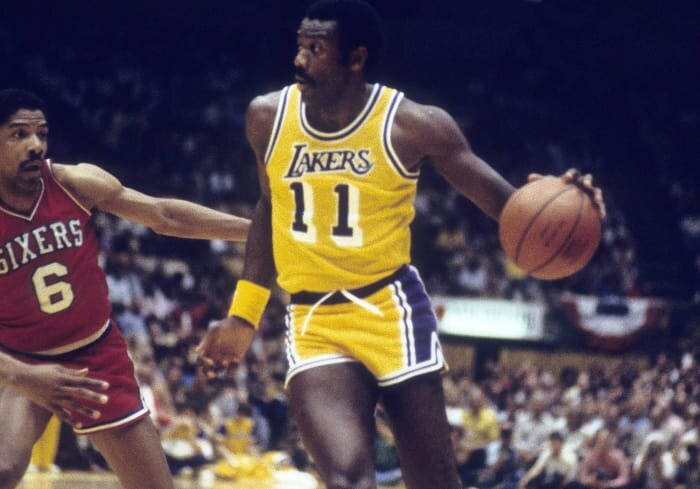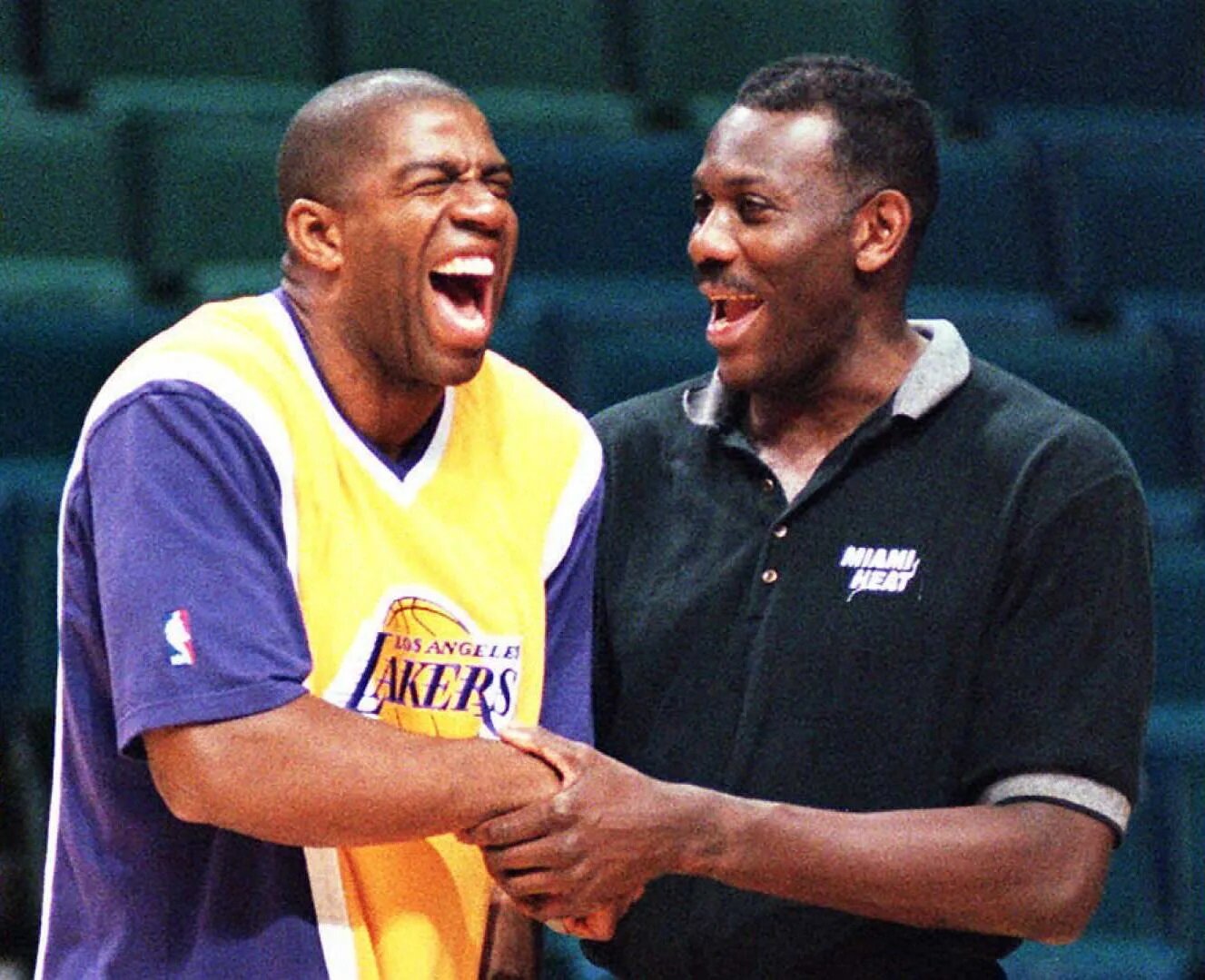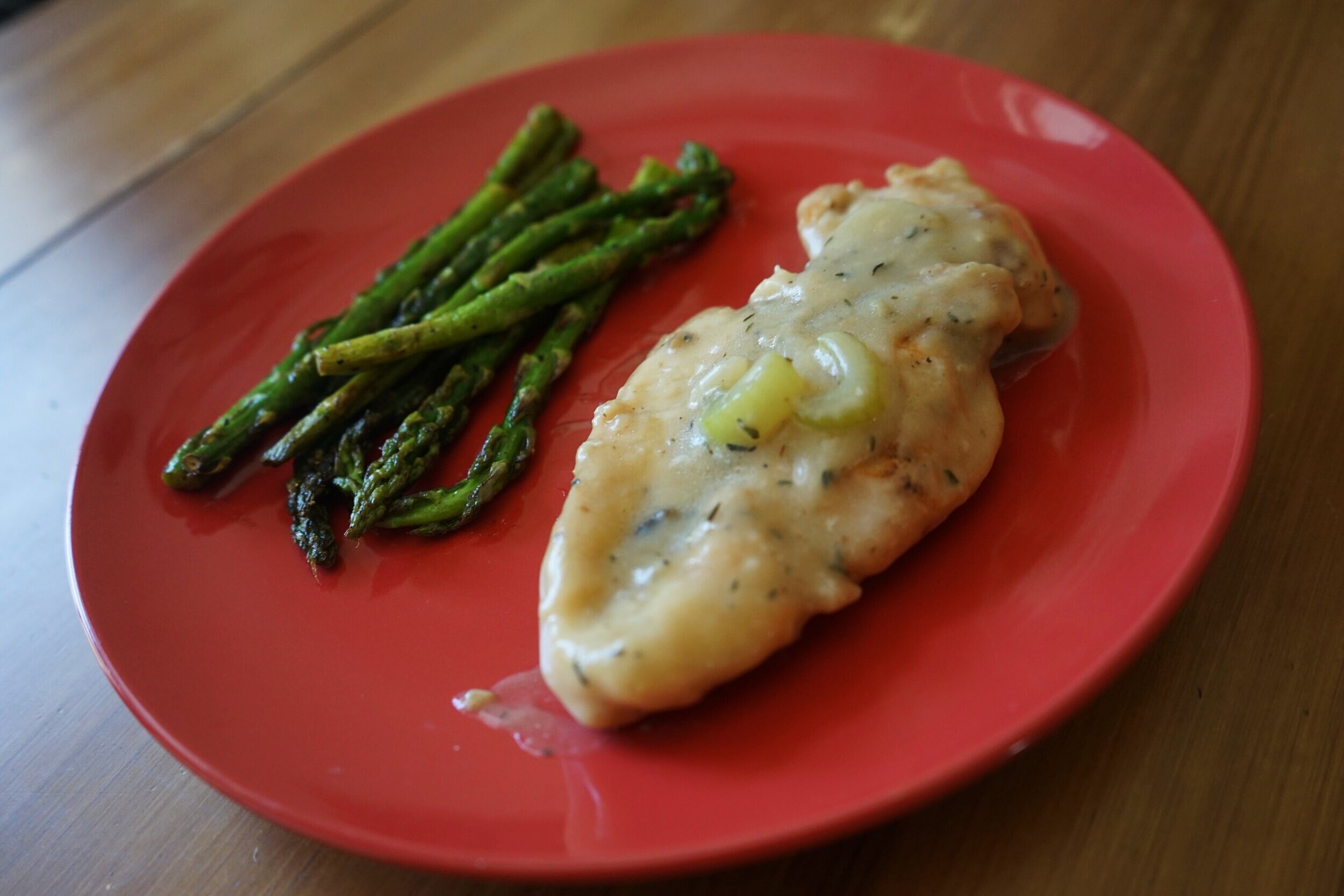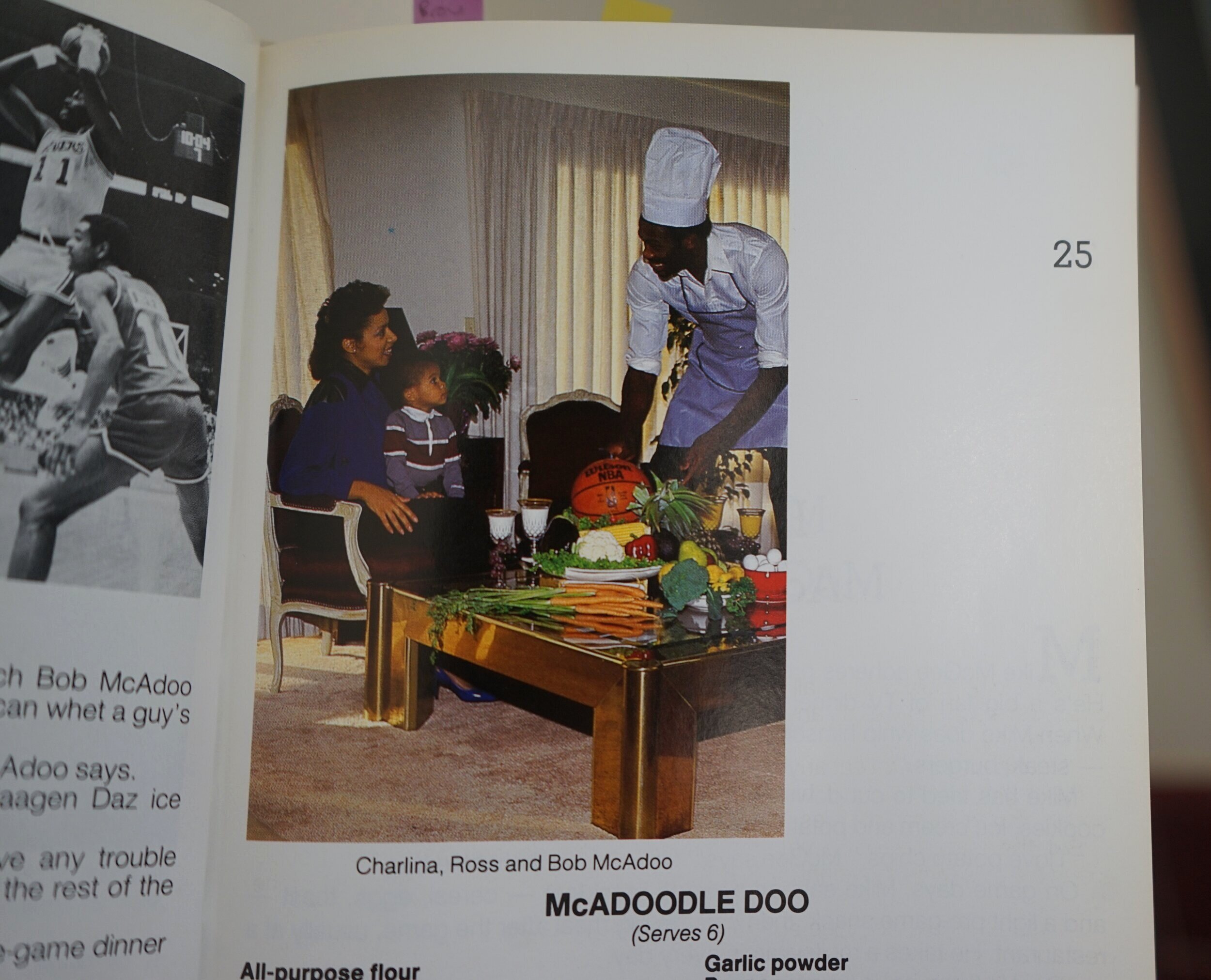Game 78 - Bob McAdoo - McAdoodle Doo
In 1975, Buffalo Braves forward Bob McAdoo capped off his third season, a campaign where he put up incredible regular season numbers of 34.5 points / 14.1 rebounds / 2.2 assists / 2.1 blocks / 1.1 steals per game, with the MVP award. With seemingly limitless potential, McAdoo was well on his way to becoming one of the greatest players to ever step on the court. Two years before his MVP campaign, McAdoo won Rookie of the Year after being encouraged by UNC coach Dean Smith to leave college in an era when players rarely left school. In his second NBA season, McAdoo averaged 30 points and 15 rebounds, a regular season mark that has not been matched since. And in his fourth season, McAdoo won the scoring title for a third year in a row and led a talented, up-tempo, proto-Showtime Braves team to their first playoff appearance.
McAdoo went into his fifth season, the final year of his rookie contract, looking to put up numbers that would rightfully reward him as the best offensive player in the league. But this was the NBA of the 1970s, the NBA of tape-delayed NBA Finals broadcasts, of half-filled arenas with crooked parquet courts and leaky ceilings, and of shady, sheisty owners. Unlike the sus owners of modern sports teams, there was a key difference: They had some money -- in the Braves’ case, frozen food and theme park money -- but not the ludicrous tech money of 2020. So the cash-strapped Braves reduced McAdoo’s minutes in year five and traded him to the New York Knicks halfway through year six for cash. A year later, the Braves headed west to become the San Diego Clippers, all thanks to an escape clause in their stadium lease that allowed them to skip town if revenue sank below a contractually-obligated level.
McAdoo had no such escape clause, no golden parachute to soften his landing after being pushed out of Buffalo. Despite being one of the league’s best players midway through the ‘70s, McAdoo found himself in basketball purgatory. He still put up solid numbers in New York but his reputation for being moody -- AKA he was a black man asking for money and playing time that he deserved -- meant that teams viewed him as a poison pill. After a couple seasons, McAdoo was traded to Boston, who then traded him to Detroit, where he languished under a coach and GM who refused to play or waive him even though he was medically cleared to play. They finally waived McAdoo, but only after he filed a grievance with the players’ union. ‘Doo finished out the 1980-1981 season with the New Jersey Nets then went back into basketball purgatory. The Nets retained his rights when the 1981-1982 season began, but McAdoo was nowhere to be found on the court. He was for all intents and purposes completely out of the league.
----------------
The 1981-1982 Lakers had all the makings of a disastrous season. When coach Paul Westhead took over for the injured Jack McKinney two seasons earlier, he ran the coach’s run n’ gun offense to perfection, meaning that he let Magic Johnson direct traffic. But after the Lakers were upset in the 1st round of the 1981 playoffs, Westhead decided to institute a plodding half-court offense in training camp that confused and irritated his players. By November 1981, Magic was so annoyed by his coach that he publicly asked for a trade. Jerry Buss got the message. Westhead was fired and Pat Riley was promoted to head coach.
In 1981-1982, the Lakers’ starting line-up consisted of Magic and Norm Nixon at guard, Kareem Abdul-Jabbar at center, Jamal Wilkes at small forward, and free agent signee Mitch Kupchuk at power forward. Kupchuk was an expensive risk when he was healthy. And just twenty six games into the season, he was sidelined by a knee injury that derailed his playing career. Riley had no choice but to plug in the rookie Kurt Rambis, an untested thick-glasses-wearing weirdo, at PF. Rambis, who focused entirely on defense and rebounding, turned out to be a perfect fit. But outside of Michael Cooper coming in to spell both Magic and Nixon, the bench was sorely lacking, especially in big men. General manager Jerry West needed to act fast to salvage the season.
Twenty years earlier, West saw McAdoo play as a high school senior in North Carolina. In West’s autobiography, he says that he told the teenage McAdoo, "Son, you've got the ugliest shot I've ever seen. But don't change it, because it goes in." According to Jeff Pearlman’s Showtime, West sent one of his lieutenants, Mike Thibault, to New Jersey on an illegal scouting mission to visit McAdoo. After a few days, he was convinced that McAdoo’s apparent character flaws were overblown and that the former star was willing to come off the bench. West pulled the trigger.
McAdoo made his Lakers debut on December 29, 1981. After a slow start, McAdoo reverted to his old ways and started putting up double digit numbers off the bench on a nightly basis. Fans wanted him to start but with Kareem, Nixon, and Wilkes the primary beneficiaries of Magic’s dazzling passes, it made more sense for him to come off the bench as an energizing offense force. By the time the playoffs started, Riley used a 7 man rotation with McAdoo and Cooper as the sole reserves. It worked. The Lakers were champions again and McAdoo finally earned a ring.
McAdoo played three more seasons for the Lakers, becoming one of the most popular guys in the locker room. Part of it was his sense of humor and his ease in accepting his limited role, but his bloodthirst for the teams that wronged him also played a part. McAdoo called Boston a “place that destroyed black careers” and a “graveyard for blacks.” While that wasn’t entirely true, as Boston had black stars in the past like Bill Russell and KC Jones and in the then-present like Robert Parish, the city most definitely had a well-deserved reputation for racist owners and fans. The Red Sox were the last team to sign a black player and Russell, whose home was vandalized and whose bed was defecated in by Bostonians, infamously didn’t return to Boston for decades after his retirement. While the Celtics beat the Lakers in 7 games in the 1984 NBA Finals, McAdoo and the Lakers got revenge the following year. They were the first team to defeat the Boston Celtics in the NBA Finals on their own court in front of their 99.9% white crowd.
McAdoo’s time with the Lakers ended following the triumph over the Celtics in ‘85. Not only was McAdoo 34 years old with a body that was dogged by injuries, but a fellow Tar Heel, James Worthy, who grew up watching ‘Doo, leapfrogged Kurt Rambis for the starting spot. West declined to resign McAdoo and instead signed Maurice “The Enforcer” Lucas, who almost single-handedly tanked the Lakers’ 1985-1986 season with his selfish play on the court and his off-court arguments with everybody from Magic to the traveling secretary. The team begged West to resign McAdoo -- “We missed him terribly,” Michael Cooper later told Jeff Pearlman -- but they were too late. McAdoo signed with the Sixers midway through the season and the Lakers lost to the Twin Towers of Ralph Sampson and Hakeem Olajuwon in the ‘86 Western Conference Finals.
While McAdoo’s NBA career ended following his one season stint with the Sixers, it was nowhere near the end of his playing career. McAdoo signed with Olimpia Milano of Italy and spent seven years overseas, winning multiple championships and MVPs and becoming one of the most popular players in Europe. His family, wife Charlina and four children, joined him in Milan, where he was highly paid and given the star treatment by the Italian fans. Charlina was, at the time of the World Champion Lakers Are Cookin’ Family Cookbook’s publishing in 1985, the president of the Laker Ladies. McAdoo even lent a hand to the Ladies’ charitable work. But tragedy struck in the early ‘90s when Charlina died of cancer at 33. When his Italian league team asked if he could fly back from the funeral in time for a game, that’s when the widower knew it was time to retire.
McAdoo returned to America where he found work consulting on the 1994 Kevin Bacon white savior movie, The Air Up There. His job was to train the African child actors in basketball. He did his job much better than expected: Two of the actors ended up receiving college scholarships in the U.S. Naturally, McAdoo’s coaching ability and well-regarded reputation among his peers led to a job on the bench. In 1995, his former coach Pat Riley became coach and GM of the Miami Heat and asked McAdoo to join him as one of his assistants. McAdoo spent 19 years on the bench, winning three additional championships before moving onto a lead scout role within the organization.
But it’s those years with Showtime that still mean the most to McAdoo. “They were the best,” he told Pearlman. “Easily the best.” McAdoo’s time in Los Angeles was nowhere near the most productive years of his career, one that was hobbled by penny-pinching ownership groups and unjust treatment by the media and fans. But when McAdoo was finally elected to the Basketball Hall of Fame in 2000, it wasn’t because of those three straight scoring titles or gaudy numbers he put up in the mid ‘70s. It was because the Showtime Lakers’ decade-long dominance was preserved by the bench warrior who could’ve started on 90% of the teams they faced.
——————————
McAdoodle Doo
All purpose flour
Seasoned salt
Onion powder
1 cup water
1 can cream of mushroom soup
3 pounds fryer chicken cut up
Garlic powder
Pepper
2-3 tablespoons shortening
¾ cup celery
1 teaspoon crushed thyme
½ cup chopped onion
Season both sides of the chicken and dust with flour. Evenly brown chicken in shortening in a dutch oven on low heat. Remove chicken and drain fat. Add onions and celery to pot and cook until tender. Stir in cream of mushroom soup, water, and thyme and stir well. Add chicken and cook on low heat for 45 minutes or until chicken is tender, stirring occasionally.
“This is Bob’s favorite recipe of all time.” - Charlina
Because of Covid-related scheduling changes in both the NBA and this project, the MacAdoodle Doo was the 82nd and final recipe of Goldstein and Gasol that I cooked. So I decided to do something a little crazy: I used a sharp knife instead of a dull one.
One of the first things my girlfriend and I did after deciding to move in together was to buy a kitchen knife set. If we had read Anthony Bourdain’s Kitchen Confidential, we would’ve known he believed that “No con foisted on the general public is so atrocious, so wrongheaded, or so widely believed as the one that tells you you need a full set of specialized cutlery in various sizes.” As suckers, we bought a highly-rated but too cheaply priced set off Amazon, one that came with a chef’s knife that wouldn’t cut skin and a block that made balsa wood feel like cement.
So I went online, found that Bourdain quote, and looked for a high quality chef’s knife. It arrived and worked just a smidgen sharper than its predecessor, but my sense of relievement dulled with the blade itself. No matter how much I sharpened it, the knife refused to enter a dangerous partnership with me, he the loose cannon rookie and me the wily veteran, whenever I tried to slice an onion. I was never in danger of slicing my fingers, but dislocating them wasn’t out of the question.
Halfway through this project, I decided I had had enough and (sorry Tony) ordered a new kitchen set. This time I wouldn’t skimp out on the money. If I’m going to use these things every day for the next 5-10 years, what’s an extra $100? When the box arrived -- In the first sign of trouble, it came without a separate shipping box like I bought it off the shelf -- it came with a wooden block and no knives. Turns out that extra $100 was enough for a thief to recognize our mutual love of expensive lifestyle brands
Flash forward four months. We’re cooking more than usual because of the quarantine. The dullness is driving us crazy and it’s not the monotony of forced home confinement. We try again for a new kitchen knife set. No expectations. Just please, for the love of Gasol, let them arrive sharp and intact. And they did. Just in time for me to cook my last dish in my nine month odyssey into Lakers fandom, Los Angeles History, and the 2019-2020 Los Angeles Lakers: Bob and Charlina McAdoo’s “McAdoodle Doo.” Until Goldstein and Gasol, I had never cooked with cream of mushroom soup before. I didn’t even have any context to place it in. It was just one of those soups that made up the intimidating Campbell’s soup display in every supermarket. It seemed to exist before humans crawled out of the muck. Maybe that mucky consistency is what gave humans the idea to cream mushrooms and put it in a can.
For all its ingredients, this dish is essentially just chicken cooked in cream of mushroom soup. That’s been a staple of Goldstein and Gasol: 15 ingredients but you’d be hard pressed to taste more than three of them. Lucky for me, I ended my culinary journey with a meal that tasted good. During my hiatus in the early days of the pandemic, I started putting together an IG story of the 5 best recipes I had prepared. I figured since people were home, they could get their minds off the chaos by cooking something new. Of the 64 recipes I cooked by that point, I found two entrees that I liked enough to recommend. TWO. Jamaal Wilkes’ curry baked chicken and Kurt Rambis’ fettuccine alfredo. There were plenty of great desserts but just two dishes I would make if someone was coming over for dinner. And that includes the MacAdoodle Doo. Was it good? Sure. Would I invite a friend over for dinner and serve them baked chicken that was then cooked in hot muck for 40 minutes? Only if their idea of a home cooked meal tasted like a frozen Marie Calendar’s country fried steak and gravy.
